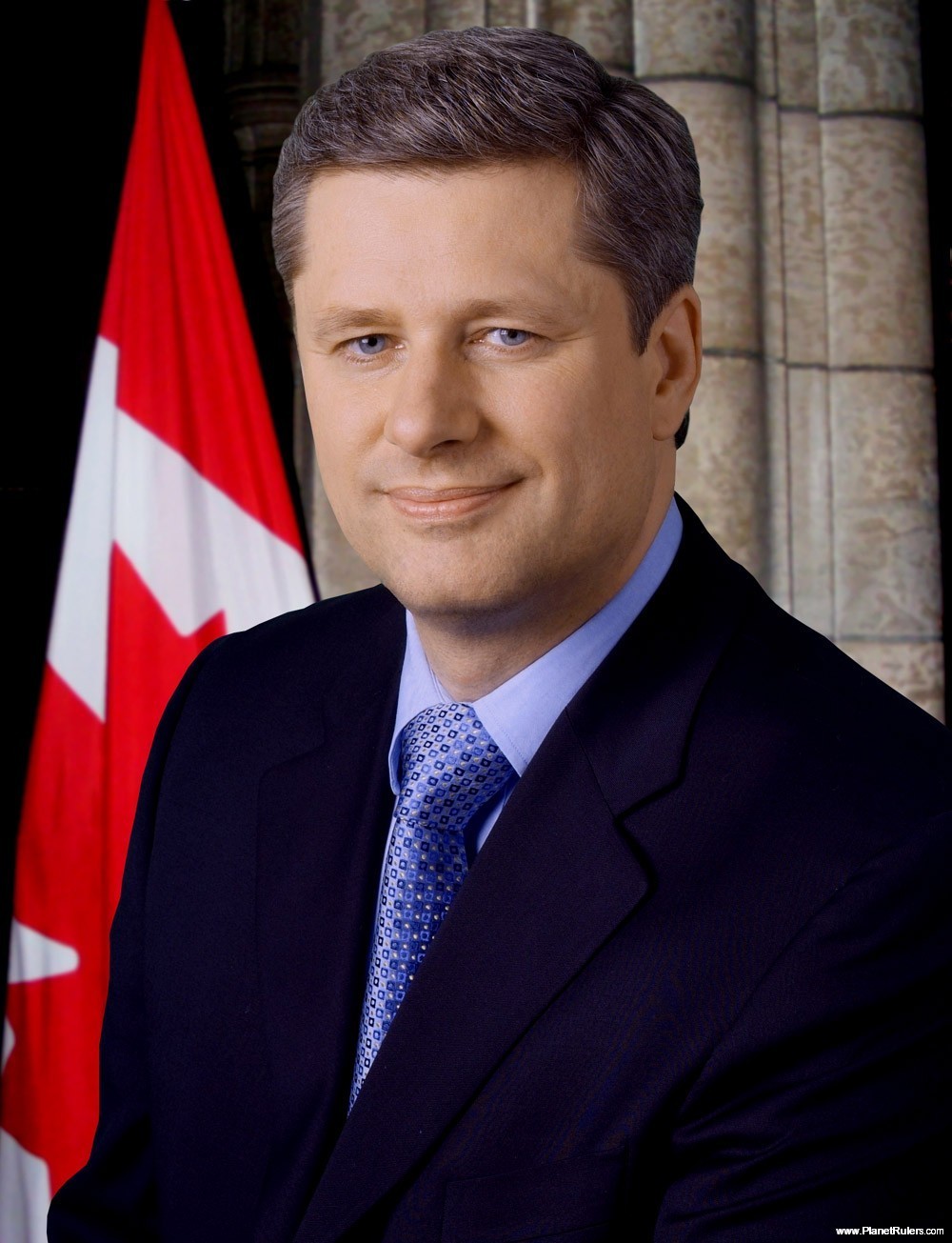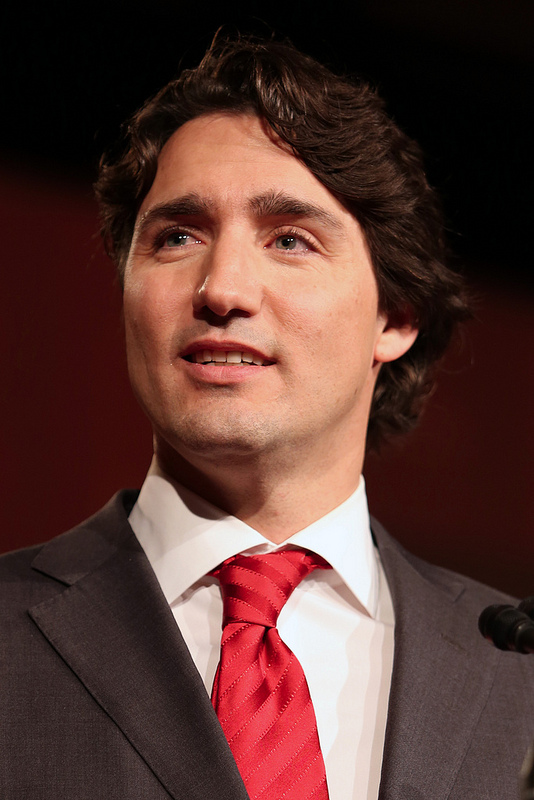Discovering the age of the Canadian Prime Minister is more than just a fact-finding mission. It delves into the dynamics of leadership, governance, and political stability in Canada. As one of the most influential positions in the country, the role of the Prime Minister plays a critical part in shaping the nation's future.
The Canadian Prime Minister's age often sparks curiosity among citizens and global observers alike. This interest stems from the understanding that age can influence leadership style, policy-making, and the ability to connect with diverse demographics. In this article, we will explore the current Prime Minister's age and how it impacts governance.
Understanding the age of the Canadian Prime Minister also sheds light on the broader political landscape of the country. It provides insight into the generational shift in leadership and how it aligns with the nation's evolving values and priorities. Let's dive deeper into this topic and uncover the details.
Read also:Kalin Leaked Unveiling The Truth Behind The Controversy
Table of Contents
- Biography of the Canadian Prime Minister
- Overview of the Canadian Prime Minister's Age
- Historical Perspective on Prime Ministers' Ages
- Impact of Age on Leadership
- Leadership Style and Age
- Generational Shift in Canadian Politics
- Current Political Scenario
- Public Opinion on Age and Leadership
- Future Prospects for Younger Leaders
- Conclusion
Biography of the Canadian Prime Minister
Justin Trudeau has been a prominent figure in Canadian politics since his election as the 23rd Prime Minister of Canada in 2015. Below is a brief biography and key details about his life and career:
Personal Information
| Full Name | Justin Pierre James Trudeau |
|---|---|
| Birthdate | December 25, 1971 |
| Place of Birth | Ottawa, Ontario, Canada |
| Profession | Politician, Educator |
| Political Party | Liberal Party of Canada |
Justin Trudeau's journey to becoming the Canadian Prime Minister began with a career in education. However, his political aspirations were ignited by his family's legacy in Canadian politics, as his father, Pierre Elliott Trudeau, also served as Prime Minister from 1968 to 1984.
Overview of the Canadian Prime Minister's Age
As of 2023, Justin Trudeau is 51 years old. This makes him a relatively young leader in the global political arena. The Canadian Prime Minister's age has been a topic of discussion due to its potential implications on governance and leadership.
Younger leaders like Trudeau are often seen as more adaptable to modern challenges, such as technology and climate change. However, they may face skepticism regarding their experience and readiness to handle complex geopolitical issues.
Historical Perspective on Prime Ministers' Ages
Throughout Canadian history, the age of Prime Ministers has varied significantly. Some have taken office at a younger age, while others have assumed leadership later in life. Below are some notable examples:
- William Lyon Mackenzie King was 50 years old when he first became Prime Minister in 1921.
- John Diefenbaker was 57 when he became Prime Minister in 1957.
- Pierre Elliott Trudeau was 41 when he first assumed office in 1968.
These variations highlight the diverse paths to leadership in Canadian politics and the evolving expectations of the electorate.
Read also:Yellz1 Leaks Unveiling The Truth Behind The Controversy
Impact of Age on Leadership
Advantages of Younger Leaders
Younger leaders, like Justin Trudeau, often bring fresh perspectives and energy to the political landscape. They are more likely to embrace innovation and adapt to changing societal norms. Some advantages include:
- Greater understanding of digital technologies and social media.
- Stronger connection with younger demographics.
- Enthusiasm for progressive policies and reform.
Challenges Faced by Younger Leaders
Despite these advantages, younger leaders may face challenges related to experience and credibility. Critics often question their ability to navigate complex international relations and economic issues. However, this can be mitigated through strong support systems and mentorship.
Leadership Style and Age
The leadership style of a Prime Minister is often influenced by their age and background. Justin Trudeau's leadership can be characterized by a focus on inclusivity, environmental sustainability, and social justice. These priorities reflect the values of a younger generation and resonate with many Canadians.
Studies have shown that younger leaders tend to prioritize issues such as climate change, education, and healthcare. These areas align with the concerns of a growing demographic that values progressive policies and innovation.
Generational Shift in Canadian Politics
The election of Justin Trudeau marked a significant generational shift in Canadian politics. With an increasing number of younger voters participating in elections, there is a growing demand for leaders who understand and address their concerns.
This shift is evident in the policies and initiatives introduced by the current government. Programs focused on affordable housing, climate action, and digital infrastructure reflect the priorities of a younger electorate.
Current Political Scenario
As of 2023, Canada is navigating several critical issues, including economic recovery post-pandemic, climate change, and indigenous reconciliation. The Canadian Prime Minister's age and leadership style play a crucial role in addressing these challenges.
Trudeau's government has committed to ambitious climate goals, including achieving net-zero emissions by 2050. Additionally, efforts to improve relations with indigenous communities have been a focal point of his administration.
Public Opinion on Age and Leadership
Public opinion on the Canadian Prime Minister's age is mixed. While some appreciate the energy and progressive mindset of a younger leader, others express concerns about experience and preparedness. Polls indicate that younger voters are more likely to support Trudeau's leadership, while older generations may favor more seasoned politicians.
A study by the Canadian Election Study found that age is a significant factor in voter preferences, with younger voters prioritizing issues like climate change and social justice.
Future Prospects for Younger Leaders
The trend of younger leaders emerging in Canadian politics is likely to continue. As the population becomes more diverse and technologically savvy, there will be a growing demand for leaders who can connect with these demographics.
Future Prime Ministers may face new challenges, such as addressing the digital divide, ensuring equitable access to healthcare, and fostering economic growth in a post-pandemic world. The success of younger leaders will depend on their ability to adapt and lead effectively in a rapidly changing environment.
Conclusion
The age of the Canadian Prime Minister is a critical factor in understanding the dynamics of leadership in the country. Justin Trudeau's tenure as Prime Minister has highlighted the strengths and challenges of younger leaders in Canadian politics. His focus on progressive policies and inclusivity resonates with many Canadians, particularly younger voters.
As Canada continues to navigate complex global challenges, the role of age in leadership will remain a topic of interest. We encourage readers to engage in discussions about the future of Canadian politics and share their thoughts in the comments section below. Additionally, explore other articles on our site to learn more about Canadian governance and leadership.
Thank you for reading this comprehensive guide on the Canadian Prime Minister's age. We hope you found it informative and insightful.
References:
- Statistics Canada
- Canadian Election Study
- Parliament of Canada


